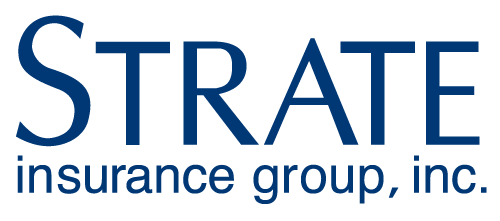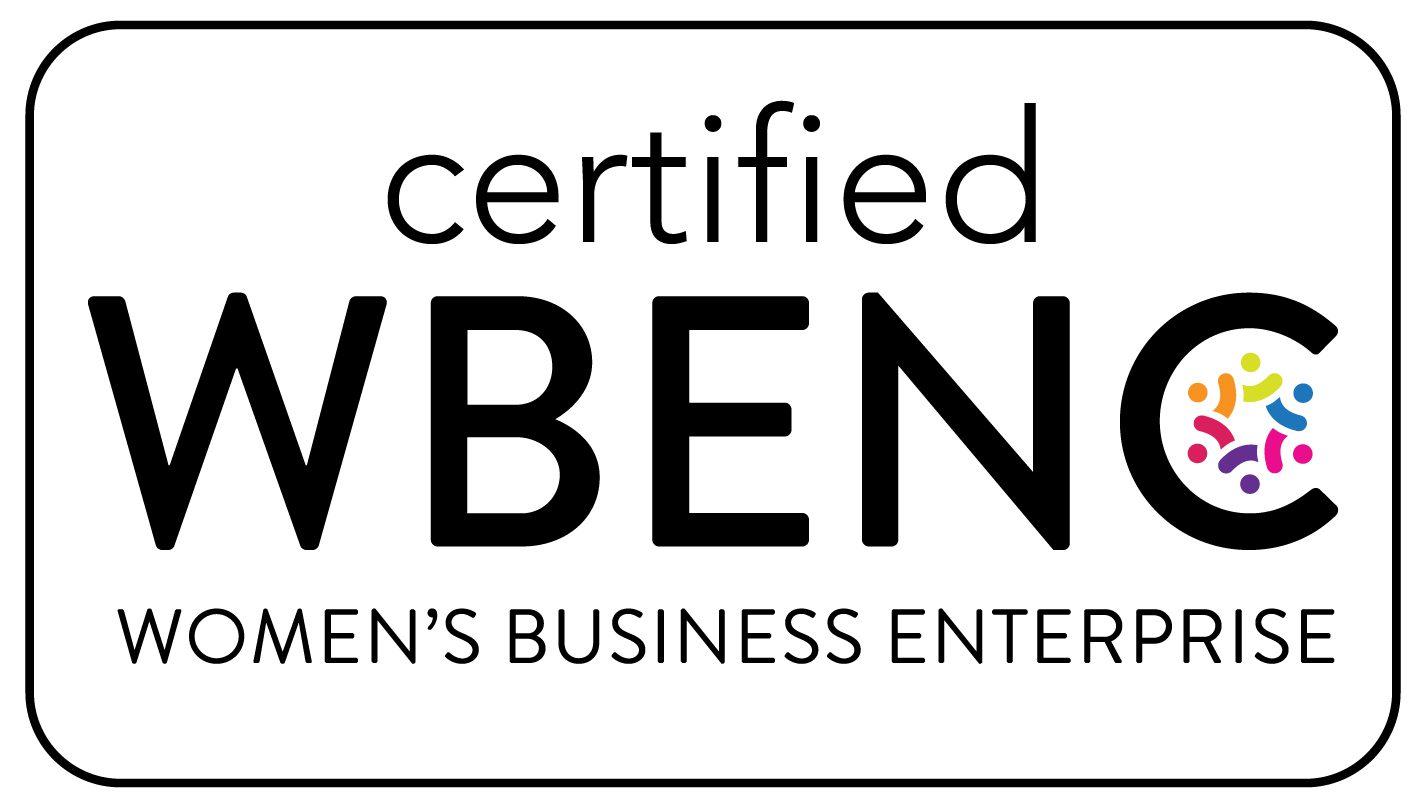Employee handbooks are important tools for establishing employee expectations, addressing workplace issues and defending against potential lawsuits. Failing to update employee handbooks regularly can make employers vulnerable to legal risks and liabilities, resulting in costly fines, penalties and attorneys’ fees.
In 2023, consider updating these three key employment-related policies.
First, review your Paid Leave policy. In 2022, many states enacted paid leave laws. These laws ensure workers continue receiving a portion of their wages when they’re unable to work under certain circumstances, such as illness or the birth of a child. Review existing policies to confirm they conform to regulations of the location where employees physically work. An employer’s leave policy can clearly explain when employees are eligible for paid leave and any steps they must follow to request it.
Second, review your Remote and Hybrid Work policy. Many employers embraced remote and hybrid work out of necessity during the COVID-19 pandemic. While employers have continued to allow employees to take advantage of flexible work arrangements, many have not updated their employment policies adequately. Consider adding technology guidelines and requirements to this policy. This can help organizations protect against cybersecurity threats. For example, employers may decide to require employees to use multifactor authentication on their personal devices for work-related matters.
Lastly, review your Marijuana Use and Testing policy. Employers who do not employ any workers in states where marijuana is legal can decide whether to screen employees for marijuana and how they will respond to a positive test result. This procedure should be clearly explained in the employee handbook.
Outdated policies can often expose organizations to unnecessary legal risks. Regularly reviewing and updating employment policies is an effective and cost-effective way for employers to protect themselves. I am not an attorney, and this is not legal advice. Always work with an attorney to review the final draft of your revised handbook before you release it to the organization. If you don’t have an Employee Handbook, we have some tools to help you get started.

